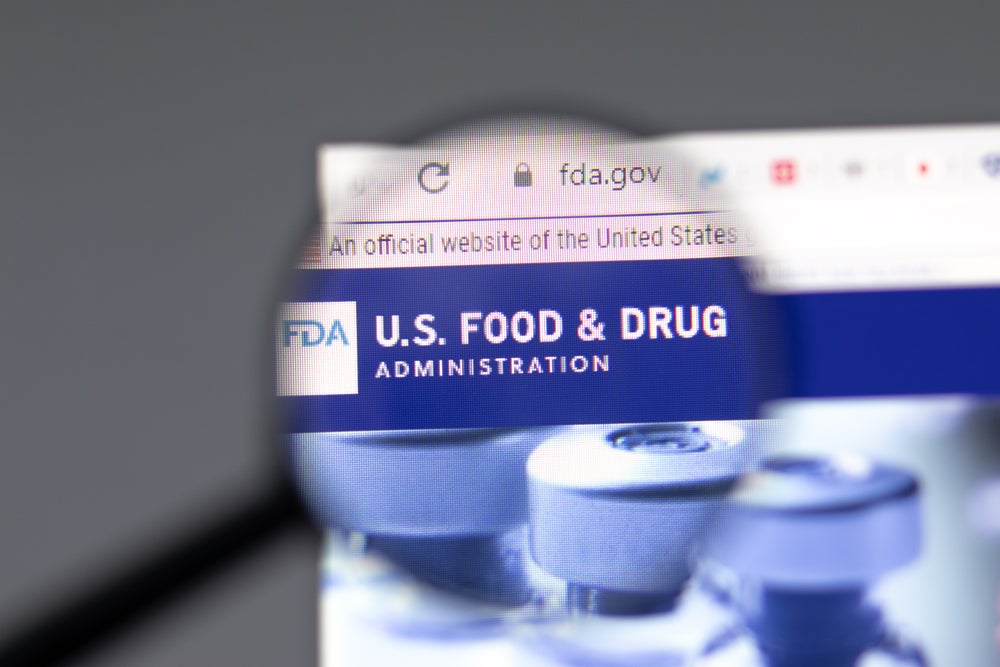
Laboratory Developed Tests (LDT) are set to be regulated as medical devices under new rules proposed by the US Food and Drug Administration.
The proposed rule seeks to amend the FDA’s regulations to make explicit that In Vitro Diagnostic Products (IVDs) are devices under the Federal Food, Drug, and Cosmetic Act. This is when the manufacturer of the IVD is a laboratory.

Discover B2B Marketing That Performs
Combine business intelligence and editorial excellence to reach engaged professionals across 36 leading media platforms.
The FDA is also proposing a new policy under which it intends to provide greater oversight of LDTs, through a phaseout of its general enforcement discretion approach. However, the FDA has said this rule will not apply to all LDTs currently on the market.
FDA Commissioner, Robert M. Califf, said: “A growing number of clinical diagnostic tests are being offered as laboratory-developed tests without assurance that they work. The stakes are getting higher as these tests are increasingly being used to drive treatment decisions.
“According to the Centers for Disease Control and Prevention, 70% of today’s medical decisions depend on laboratory test results. Given the role these tests play in modern medical care, their accuracy and validity have a significant impact on public health.”
The FDA has said that it is concerned patients could initiate unnecessary treatment, or delay or forego proper treatment altogether, based on inaccurate test results, which could result in harm.

US Tariffs are shifting - will you react or anticipate?
Don’t let policy changes catch you off guard. Stay proactive with real-time data and expert analysis.
By GlobalDataThe organisation argued that since the Medical Device Amendments of 1976 ruling was passed, which set the initial rules for how LDTs are treated, LDTs have become more complex, can be run in large volumes for varying amounts of patients and are used for frequently for guiding healthcare decisions.
Jeff Shuren, director of the FDA’s Center for Devices and Radiological Health, said: “Through increased FDA oversight, the public, including patients and health care professionals, should have confidence that the tests they rely on are accurate.
“It is important that these tests be held to the same standards as other tests while helping to ensure test makers have the flexibilities they need to continue innovating and developing tests critical to the advancement of public health.”





